Revival & Survival: Focus on building well-run businesses & strong brands - Aditya Kanthy
Prepared or not, India has to gear up for an exit strategy for the lockdown period. It is definitely a changed world that India is entering now, and we will have to learn to live with the Coronavirus in our midst.
A lot has been written, debated and discussed over how much the economy and business operations have been hit. We, at Adgully, aim to look at the revival story. What does it take to jumpstart an economy? That is the great narrative that we are following up as part of our ‘Revival and Survival’ series.
Aditya Kanthy, CEO & MD, DDB Mudra Group, has several aces up his sleeves as he analyses the current situation and offers several measures that agencies and clients need to take to survive and thrive as the world fights to come out of this crisis.
What does the new normal look like? How much has the COVID-19 crisis disrupted business operations?
I think the idea of the “New Normal” is a little misleading – mostly because any form of normalcy indicates a degree of stability, and that is not something that we have. This is a crisis unlike anything we have seen in our lifetimes and we have to acknowledge that we simply don’t know much about it – we don’t have a guide to dealing with it, we don’t know how long it will last and we don’t know what the world will ultimately end up looking like. Our world has and continues to alter fundamentally. Unlike past recessions, where the issues were primarily demand-side issues, this situation includes supply-side disruptions as well, and our response to it has to be different. Given the fluidity of the situation, at this point we are playing catch-up and trying to deal with it as best as we can while it unfolds.
From the agency’s perspective, these last few weeks have thrown into stark relief everything that we have always been proud of – our people, their commitment and their incredible resilience. While we have been working from home, this is not a regular work from home situation. There is no rule book, so it has been up to our people to create the rules and they have risen to the challenge admirably. We have seen first-hand the manner in which our people have collaborated and brought all their resourcefulness and innovation to get projects off the ground. We’ve launched a brand in the middle of the lockdown. We’ve shot films with work that involve shooting with kids remotely, which is very hard to do. And I think we’ve produced some pretty good work in that time as well.
We have also seen how building a strong culture – one that is built on empathy and fearlessness and one which welcomes change, can help organisations during times like these. Everyone in the Group has stepped up, not just to ensure that our client’s businesses get the support they need at this point in time, but also in supporting each other in weathering this storm.
The current scenario has impacted all of our clients – some more than others, but nobody has been untouched by this. There have been huge disruptions in their business – they are under stress and are having to re-think and pivot their long-standing business models. In the short-term, they have to deal with a massive impact on available cash flows and liquidity, while also keeping their eyes on the long-term impact on their brands and businesses. This affects the decisions that they are currently making. We are putting our weight behind helping our clients take this time to focus on the medium to long-term brand strategy. There is a lot of emphasis on building that up with a focus on digital media and digital transformations to help them pivot.
What should be the blueprint for a post-COVID-19 economy?
There are fundamental challenges for businesses and the economy with implications for manufacturing facilities, supply chains and last-mile delivery. But more than that, a humanitarian crisis is unfolding before our very eyes. Any economic blueprint will need to take into account the inequalities and gaps in access of opportunities and means that have been thrown into sharp focus over the last two months. We are only as strong as our weakest link and hopefully this will make us re-prioritise the things that truly matter and put those at the centre of our economic agenda – healthcare, financial and social inclusion, the environment and social infrastructure.
What are the 5 key measures needed to ensure a speedy business revival for the Advertising and Media industry?
There are two sets of measures that are needed to ensure a revival:
First are the measures that the Government needs to take to address safety and ensure the normalisation of economic activity – actions that allow the basic wheels of the economy to move and which drive demand creation. People have to be given the reassurance and the sense of having money at hand to drive consumption because at the end of the day, our industry is dependent on consumption. There are also measures that need to be taken by the Government to support the advertising and media industry, the specifics of which have been spelt out by the AAAI in a letter to the I&B Minister.
Then there are the things that the industry can control and implement – measures relating to how we work and serve our clients, our terms of engagement with them, our appetite for change and how willing we are to embrace new ways of working and thinking about our clients’ businesses. We have to take this opportunity to look at our ways of working and focus on productivity, our people and work policies as well as how our capabilities drive value in this altered world.
How serious are we about change? Are we willing to embrace new ways of producing work and crafting brands? Are we open to embracing more outcome-focused relationships with our clients? Are we ready to help our clients pivot and disrupt their existing models through digital transformation and do that in a way that fundamentally marries the basics of insights and brand building? Are we ready to be more fluid and bolder in how we see our workforce? These are the questions we must answer as we chart our way forward. These trends were always going to happen, the crisis has just accelerated their advance.
How are you strategising for the remaining quarters of this FY 2020-2021?
Our first step is to make it out of this situation with as little damage as possible. We have to be decisive and move as quickly as we can in response to the reality of the revenue side of our business. Finally, we have to be committed to the restructuring and changes that we inevitably need to make to come out of this stronger. We cannot be in denial about the problems facing us or wish them away – we have to acknowledge that this is real and quick action is needed.
This action has multiple facets:
We are engaging in the difficult task of cost rationalisation, bringing costs in line with revenue realities in all aspects of our business and doing it in a way in which we protect what is most important for us to succeed in the future – our people and their talent. We are using this time to invest in our people and on training and upskilling them and on our strategic partnerships.
We are also moving forward with a relentless focus on looking for avenues of new business even during these times. While doing so, we are also working on ensuring depth in our client partnerships, working shoulder to shoulder with them so that they feel supported during this difficult journey. We are using all the resourcefulness at our disposal to enable new ways of creating and producing our work given the constraints that we currently have. And finally, we are focusing on creating a new way of working that drives productivity in a way that is empathetic and understanding of the situation, keeping our culture and sense of togetherness at the centre of this journey.
How do you see businesses and the Government working together to undo the lockdown disruption and address the market uncertainties?
As parts of the country open up, the economy is likely to follow, albeit cautiously with health and safety fears balanced against the desire to return to a semblance of life as we once knew it.
While we do not have enough information to predict when we can see a revival, we expect some categories like FMCG, Retail and QSR to pick up in another quarter or two but with modified business delivery mechanisms. The immense uncertainty that people currently have regarding their economic futures might mean that large purchases will be delayed further whereas categories like travel and allied industries will take the longest to revive.
As businesses, we need to work together with the government in adhering to re-opening guidelines and in ensuring the health and safety of our people and of those who interact with our businesses. I believe that as an industry, we have a role to play in helping design authentic awareness campaigns for public health and in helping our clients design business mechanisms that allow people to engage with the economy safely by maintaining public health safety standards.
How do you visualise the economy and your sector a year later? How much would it have recovered by then?
We are two months into this crisis as a country and the situation has been changing every week. It’s just not possible to predict or visualise anything with any degree of certainty now. Having said that, there are some fundamental principles, like I had mentioned earlier, that will drive the shape of the economy – more focus on healthcare, financial inclusion, environment and social infrastructure being some of them.
From an industry point of view, this will make us reassess the way we work and how we look at our client’s businesses. We will certainly see more flexibility from a work culture point of view as well as in the way both the industry and client businesses embrace technology to design ways of working and doing business. While I don’t think anyone can predict the exact shape and nature of the recovery, this crisis is an opportunity for a fundamental relook at the ingredients necessary to survive and thrive. We will see that the bigger, stronger and more importantly, the faster and more agile will come out of this situation much better than their counter-parts – bringing home the importance of building well-run businesses and strong brands, which have the reserves and means to tide over this time and grow as well as recognising that agility and change are the ingredients that will allow us to do that.


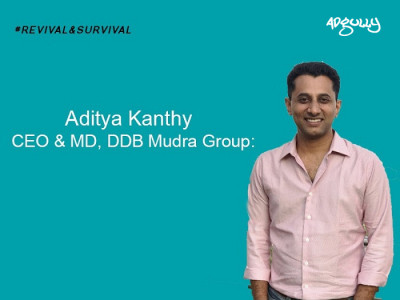
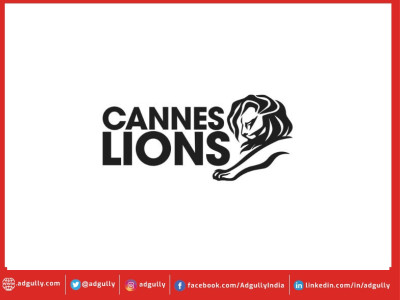

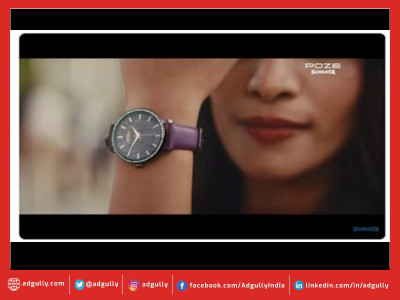

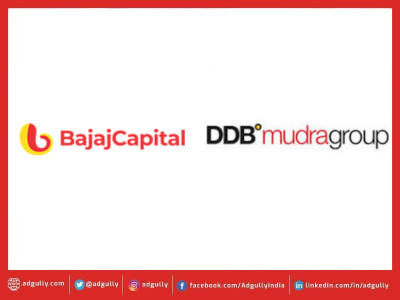





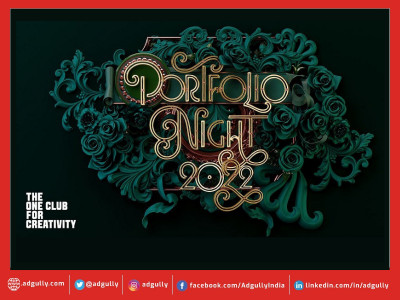


Share
Facebook
YouTube
Tweet
Twitter
LinkedIn